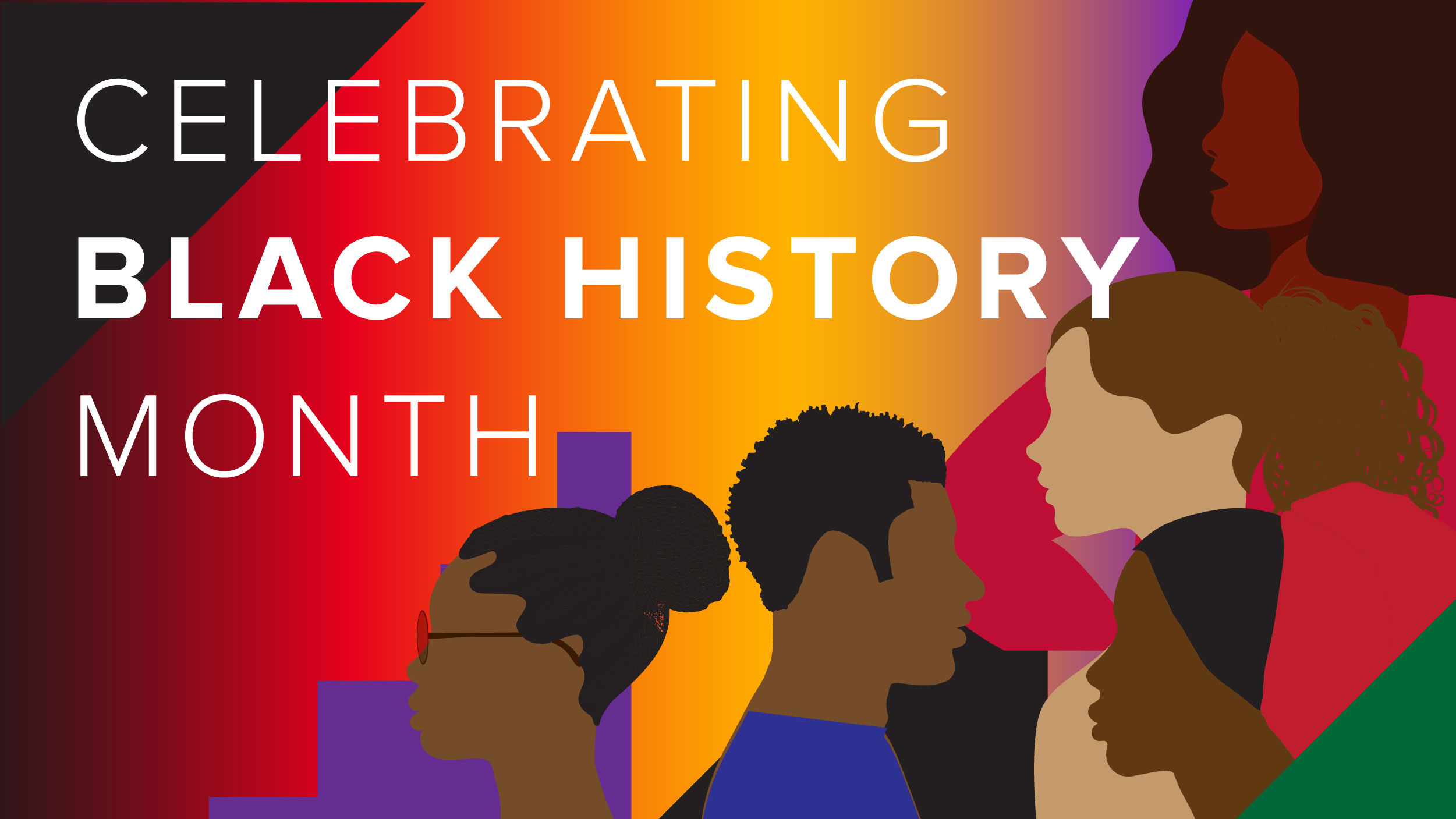Celebrating Black Engineers Past, Present and Future
Celebrating Black Engineers Past, Present and Future


This Black History Month, ASME celebrates the contributions of Black engineers to the field of engineering—past, present, and future. Below, I’ve highlighted three of the countless Black engineers whose work exemplifies ASME’s mission to advance engineering for the benefit of humanity.
Granville T. Woods (1856-1910) witnessed inefficiencies and dangers within the transportation system while working as a railway fireman, leading him on a journey that would redefine the realms of technology and transportation. He held over 40 patents for electrical inventions, the most important being the multiplex telegraph, which allowed communication between train stations and moving trains, preventing collisions and enhancing safety on the railways. His numerous achievements earned him the nickname “the Black Edison.”
Marie Van Brittan Brown (1922-1999) was the inventor of the first home security system. Patented in 1966, Brown’s invention laid the foundation for later security systems that use features such as video monitoring, remote-controlled door locks, push-button alarm triggers, instant messaging to security providers and police, as well as two-way voice communication.
Marian Croak (1955 – Present) attended Princeton University for her undergraduate studies and the University of Southern California for her doctorate and has over 200 patents in her name. She has worked on advancing Voice over Internet Protocol (VoIP) technologies, converting voice data into digital signals that can be easily transmitted over the internet rather than using traditional phone lines.
ASME is dedicated to ensuring the success, development, and overall well-being of its Black employees. The Black Empowerment Network Employee Resource Group (ERG) at ASME champions inclusivity, equity, and professional development. The ERG has played a pivotal role in not only enriching the workplace experience for its members, but also contributing significantly to the broader organizational goals of diversity, equity and inclusion.
Their impactful initiatives, such as hosting open discussions on inclusion, planning opportunities to connect with history, and engaging in community service, have raised awareness and celebrated the great achievements of our Black professionals.
ASME continues its commitment to supporting the achievements and aspirations of Black engineers and our Black employees. This is essential to creating a more equitable world for all.
Thomas Costabile, P.E.
ASME Executive Director/CEO
Granville T. Woods (1856-1910) witnessed inefficiencies and dangers within the transportation system while working as a railway fireman, leading him on a journey that would redefine the realms of technology and transportation. He held over 40 patents for electrical inventions, the most important being the multiplex telegraph, which allowed communication between train stations and moving trains, preventing collisions and enhancing safety on the railways. His numerous achievements earned him the nickname “the Black Edison.”
Marie Van Brittan Brown (1922-1999) was the inventor of the first home security system. Patented in 1966, Brown’s invention laid the foundation for later security systems that use features such as video monitoring, remote-controlled door locks, push-button alarm triggers, instant messaging to security providers and police, as well as two-way voice communication.
Marian Croak (1955 – Present) attended Princeton University for her undergraduate studies and the University of Southern California for her doctorate and has over 200 patents in her name. She has worked on advancing Voice over Internet Protocol (VoIP) technologies, converting voice data into digital signals that can be easily transmitted over the internet rather than using traditional phone lines.
ASME is dedicated to ensuring the success, development, and overall well-being of its Black employees. The Black Empowerment Network Employee Resource Group (ERG) at ASME champions inclusivity, equity, and professional development. The ERG has played a pivotal role in not only enriching the workplace experience for its members, but also contributing significantly to the broader organizational goals of diversity, equity and inclusion.
Their impactful initiatives, such as hosting open discussions on inclusion, planning opportunities to connect with history, and engaging in community service, have raised awareness and celebrated the great achievements of our Black professionals.
ASME continues its commitment to supporting the achievements and aspirations of Black engineers and our Black employees. This is essential to creating a more equitable world for all.
With regards,
Thomas Costabile, P.E.
ASME Executive Director/CEO




